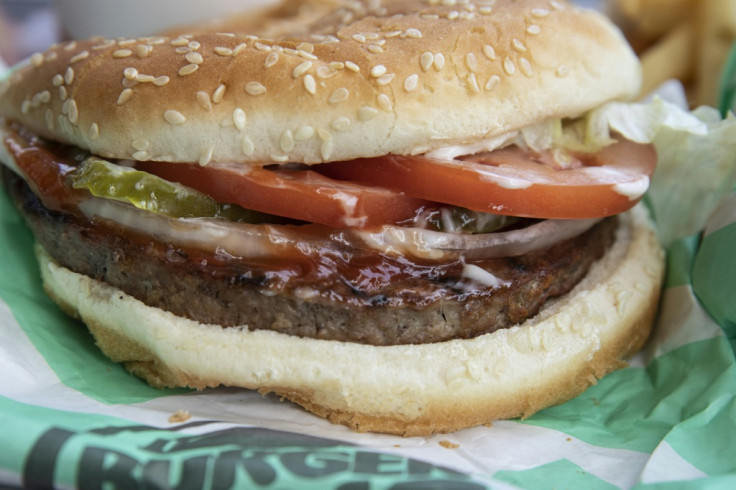Burger King shares formula for 'low-fart' environmentally-friendly farmed cows
Burger King addresses cow flatulence as a huge contributor to climate change
Burger King announced on Tuesday that they may have cracked the secret to reducing cow farts in a bid to reduce its climate impact from the food they produce and sell in the market. The secret lies on a new diet plan for their cows that could potentially decrease cattle flatulence by 33% a day.
Cow farts may seem like a very minute issue, but on a bigger scale, their methane emissions are on the top tier of contributors to climate change today. One can just imagine the amount of methane gas released from every cattle farm. These emissions trap the sun's heat in the atmosphere and causes it to remain warm.
Restaurant Brands International, which owns Burger King, reveals they will be adding 100 grams of lemongrass as part of their cows' current low carb diet. The company says the new formula is a combined effort between environmentalists and professors from the Autonomous University at the State of Mexico and the University of California, Davis.
According to them, the addition of lemongrass lessens cow farts during digestion, adding that cows have quite the complex digestive system which consists of not just one, but four stomachs. Each of the stomachs play a role in digesting food that humans on the other hand,are not able to digest such as grass. As the cows keep eating grass, their stomach goes through a process called enteric fermentation that causes a lot of methane to build up and makes the cows burp and fart.
Similar to how humans turn to natural remedies to treat digestive issues, their team started out with testing different herbs such as chamomile and cosmos bipinnatus to reduce flatulence in cows. They found out that dried lemongrass leaves worked best for the cows, and are easily grown in Mexico and India.
As part of the company's desire to promote sustainability, they are in the process of making the formula open source and publicly available for fast food chains down to the meat suppliers and small farmers so they can replicate and even find ways to improve it.
The lemongrass-fed beef will be initially used and served in Whoppers in some branches across Austin, Los Angeles, New York, Portland and Miami starting this week.

The specialty reduced methane-emission meals are available while supplies last in large American cities, including New York City, Los Angeles, Miami and Austin.
Livestock gas is reportedly responsible for producing approximately one-seventh of the planet's methane — a dangerous greenhouse gas that traps heat in the atmosphere.
While many social media users responded favorably to Burger King's announcement, it did have one prominent detractor.
"This is a drop in the bucket compared to the 2,500 gallons of water it takes to make one pound of beef and the 40% of land taken up by animal agriculture," tweeted animal rights group PETA. "Don't be fooled by corporate greenwashing."
In 2018, McDonald's implemented a plan to decrease greenhouse gases by altering the way in which its beef is generated, according to The Associated Press. At the time, the company said it could prevent the spewing of 165 million tons of gas.
© Copyright IBTimes 2025. All rights reserved.





















